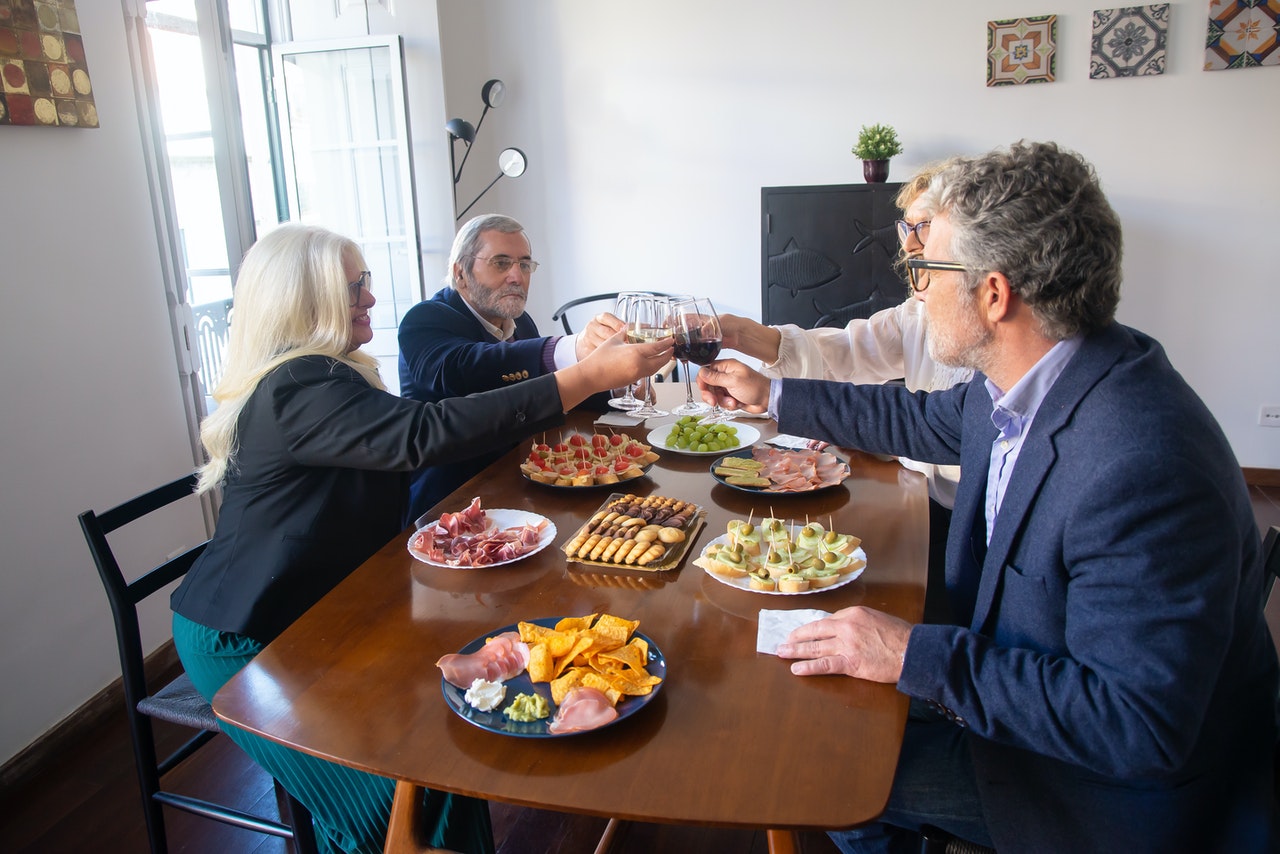For many older adults, socialization becomes difficult with age. Even as a young adult, making new friends can be a challenge; the people you meet are widely diverse, they are not always in the same age group, and everyone is often too busy to spend time socializing.
Even staying connected with the friends that you already have can be exhausting. Everyone is busy with their own lives, and oftentimes, that means having little to no time to spare for the people you’ve shared a good chunk of your life with. And while that thought may be depressing, it’s a normal part of aging.
All that said, it’s no wonder why many older adults struggle to maintain old relationships–much less make new ones. For many older folks, their family becomes their primary source of socialization.
So, how does one maintain a healthy social life in old age?
Before we talk about that, let’s explore why socialization is so important in later life.
The Importance of Socialization For The Elderly
In early to middle adulthood, our social circles were composed of our families, friends, co-workers, neighbors, and the acquaintances that we meet here and there. As we grow older, that circle diminishes as the kids move out, our friends go on with their lives, and as we leave the workforce. After retirement, our social circle tends to become even smaller because we stay at home most of the time and may not get enough opportunities to socialize.
This exact pattern is one of the main reasons why a lot of older folks experience social isolation and loneliness. Other reasons include living alone, loss of family or friends, and chronic illness, just to name a few. But whatever the reason may be, the end result of lack of socialization and extreme loneliness remain the same: increased risk of both physical and mental diseases.
People who suddenly find themselves alone due to the death of a spouse, separation from family, loss of mobility, and retirement are at a higher risk. The same is true for individuals with pre-existing mental illness, such as depression and anxiety, as well as immigrants and people from the LGBT+ community.
Engaging in healthy socialization helps older people live longer and have a fulfilling life. There are also studies that link socialization with improved cognitive function, which is incredibly important for preventing cognitive decline in the elderly. Furthermore, having a healthy social life contributes to the prevention of both communicable and non-communicable diseases, especially those that one is already predisposed to.
How to Maintain a Healthy Social Life as You Age
Maintaining relationships and making new ones can be tough, but definitely not impossible–as with many other things that come with aging. Here are some of the best tips on how you can liven up your social life and enjoy the benefits of healthy socialization as you get older:
- Be the first one to reach out
If you’re thinking of someone, just call them or send a message. Don’t be afraid of being the first one to reach out. Life is too short to constantly worry about disturbing the people that you care about the most. If they want to connect with you, they will be glad that you made contact.
- Socialize within your local community
Many community centers run senior programs that aim elderly folk to interact with each other and people from different age groups. Contact your local community center to see if there is such a program in your community. It’s a great opportunity to meet people that are within your locale and can interact with often.
- Embrace technology
Social media can be a wonderful thing. Use it to connect with old friends, distant relatives, and close family members. Who knows? Maybe you can even make new friends that you can create new memories with.
The Internet is also a great resource tool, with access to communities that focus on certain interests, hobbies, and beliefs. Maybe you want to talk about knitting with other enthusiasts. Or perhaps you want to share your thoughts on your favorite artist’s paintings. You’ll be hard pressed not to find a group or forum out there somewhere, and they’re filled with people that you can interact with.
- Volunteer
Aside from being an opportunity to give back to the community, volunteering is also largely a social activity. By volunteering, you get to meet new people (the people you work with, and the people you help), and make connections based on positive memories.
- Chat up other elderly people
Like you, other older adults may be having a hard time maintaining a social life. So, the next time you see someone within your age range sitting alone at the park, why not strike up a conversation? They might need the interaction just as much as you do. And who knows? Maybe you’ll make an instant friend out of that simple gesture.
- Visit loved ones
While you are still physically able, make the effort to visit your loved ones. Your kids may not be able to make the trip to you, so why not visit them instead? You may even have the opportunity to travel, if your family is not within the immediate area.
- Reconnect with old friends
Do you have a friend that you fell out of touch with? Try finding them on social media and see if you can rekindle the friendship. Life may have taken you in completely different directions, but it’s not too late to make new memories with them again.
Conclusion
Growing old doesn’t have to be lonely. While life does tend to chip away at our social life as we get older, that doesn’t mean you can’t foster new relationships–and perhaps even rekindle old ones.




